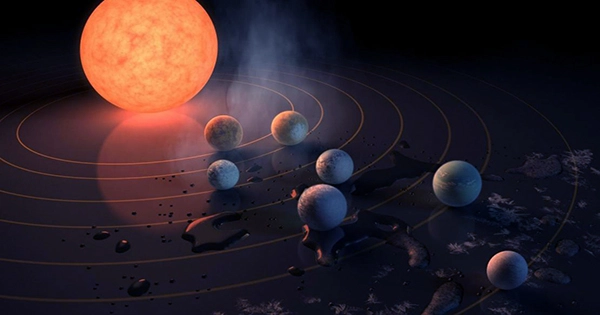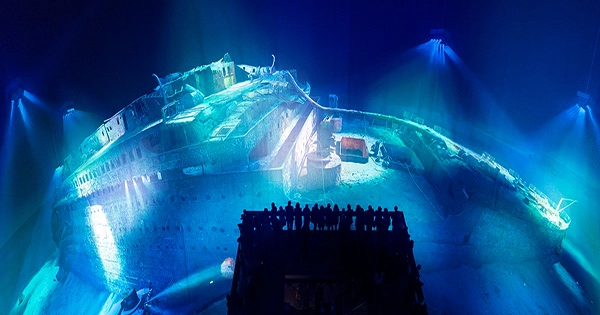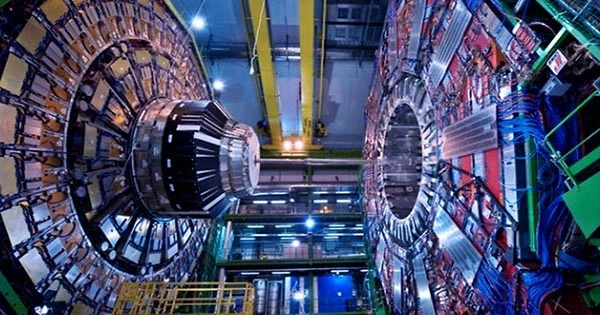Most people consider sentience and cognition to be characteristics of individual organisms, but the authors of a new study contend that intelligence occurs on a global scale and that all life on Earth functions as a single conscious system. The researchers argue in the International Journal of Astrobiology that humanity is currently out of sync with the total planetary intellect and that our ability to synchronize our activities with the global mind may be critical to our future survival.
Unlike the traditional understanding of evolution as a process of conflict and competition between different species, the authors’ model suggests that life is a single, cooperative network. Rather than competing with one another, each species arises to play its part in sustaining the biosphere’s balance. “Our approach is based on academics’ realization that the proper scale for understanding essential elements of life and evolution is planetary, rather than the usual focus on individual species,” the researchers write.
Earth systems science is the study of life from this perspective, and it aims to reveal how various species work together rather than against one another to help maintain planetary systems. Underground fungal networks, for example, allow forest plants to interact and exchange nutrients, preserving the whole ecosystem’s vitality. Similarly, vast populations of bacteria collaborate to govern important biospheric feedbacks, guaranteeing steady atmospheric conditions favorable to life.
Such perfect cooperation, on the other hand, takes time to establish, and species must evolve in order to integrate into this planetary awareness. “Planets go through immature and mature stages, and planetary intelligence is predictive of when you get to a mature planet,” research author Adam Frank said in a statement. The researchers elaborate on this notion by describing four stages of planetary evolution. The first is an immature biosphere, which involves the advent of living forms that have not yet gained the ability to collaborate in order to control planetary systems.
The mature biosphere follows, in which all species on a planet work together to preserve the ideal conditions for life to flourish. The immature technosphere, on the other hand, is defined by the development of technologies that have an impact on the globe but are not integrated with the rest of the biosphere, ultimately working against it. This is the stage at which humanity currently finds itself, according to the authors. We can only become part of the planetary intelligence and insure our destiny as a species by moving to a mature technosphere, where our industrial activities begin to support the planet.
“We don’t have the power to respond collectively in the best interests of the world yet,” Frank argues. “Because we don’t know how to transition to a mature technosphere yet, the million-dollar question is finding out what planetary intelligence looks like and means for us in practice.”
Extending their theory to other worlds, the authors claim that the seeming paucity of technologically advanced life elsewhere in the galaxy could be due to the fact that civilizations that fail to mature don’t endure long. “The only technological civilizations we may ever see – the ones we should expect to see,” Frank continues, “are the ones who didn’t kill themselves, implying that they must have achieved the degree of full planetary intelligence.”















